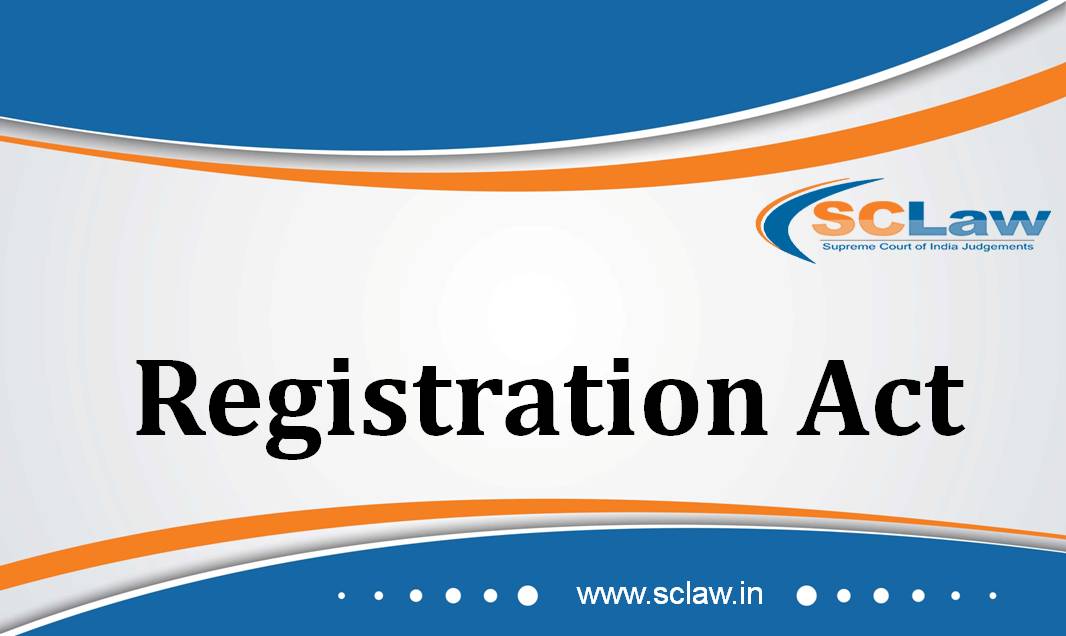The court found the prosecution’s guilt beyond a reasonable doubt for kidnapping, attempted murder, and robbery, but had doubts about the evidence’s sufficiency to prove the intention of demanding ransom. The court acquitted the appellants of the charge under Section 364A of the IPC while upholding their convictions for other offences.
SUPREME COURT OF INDIA DIVISION BENCH NEERAJ SHARMA AND OTHERS — Appellant Vs. STATE OF CHHATTISGARH AND OTHERS — Respondent ( Before : Sudhanshu Dhulia and Satish Chandra Sharma, JJ.…







